Tuan Linh organic rice farm has an area of over 500 hectares. Previously, this area was a low-lying, acid sulfate land. Mr. Tuan has invested in rebuilding a complete drainage system and flood-proof dykes, effectively serving the production of 2 rice crops per year. In addition to the area used as a warehouse, drying oven, drying yard and dyke system, Mr. Tuan also uses the vacant land in the farm to intercrop noni trees with other fruit trees such as mango, coconut... to diversify crops and improve economic efficiency.
Mr. Nguyen Thanh Tuan, residing in Lung Lon hamlet, Hoa Dien commune, takes advantage of vacant land to grow noni and sell the fruit. Photo: THUY TRANG
Mr. Tuan said that through research, he knew that the noni tree is a valuable medicinal herb in traditional medicine. “Recently, some localities such as Ca Mau and Ho Chi Minh City have many businesses and companies producing and processing noni fruit into medicinal herbs and functional foods that are good for health. Therefore, I boldly planted 40,000 noni trees on the vacant land along the dike surrounding the farm, both to create shade, block the wind, preserve the soil and to be able to harvest fresh fruit to supply to medicinal herb production companies,” Mr. Tuan shared.
Currently, Mr. Tuan's farm has signed a contract to sell fresh and dried noni products with VITAL Investment, Production, Trade and Service Limited Company. Each month, the farm harvests about 10 - 15 tons of fresh noni fruit. The entire output after harvest is purchased by the company at a price of 7,000 VND/kg.
Mr. Nguyen Thanh Tuan (left) invested in an electric drying oven to produce dried noni. Photo: THUY TRANG
In addition to selling fresh fruit, Mr. Tuan also invested in building a factory to process noni fruit, hired workers to slice it and put it in a thermoelectric dryer. This method helps preserve it longer, making it convenient for packaging and transportation, and also prevents the fruit from ripening too quickly, causing it to be easily bruised or soggy, affecting its quality. The company buys dried noni fruit for about 60,000 VND/kg. It is estimated that the income from noni trees brings Mr. Tuan about 100 million VND per month.
Besides rice, which is the main crop that brings in the main income for the farm, the model of growing noni helps to effectively utilize vacant land, creating a stable source of income and jobs for people in Lung Lon hamlet. “This model is very suitable for households with little land for production, does not require much care, and has low investment costs. If people in the hamlet or commune have a need to grow, I am willing to redistribute seedlings and provide guidance on planting and care techniques,” said Mr. Tuan.
Ms. Nguyen Thi My Lanh, residing in Lung Lon hamlet, is currently a processing worker at Mr. Tuan's workshop. She said: "After picking, the noni fruit will be washed, sliced, and put into the drying oven by women. The work is light and simple, and close to home, so I can take advantage of my free time to earn extra income for my family."
Mr. Nguyen Thanh Tuan’s model of growing noni trees combined with organic rice production not only brings high income but also opens up a sustainable direction for many households in rural areas. This is a model that needs to be replicated to improve production efficiency and income for farmers.
THUY TRANG
Source: https://baoangiang.com.vn/trong-nhau-tren-dat-trong-sinh-loi-cao-a427069.html


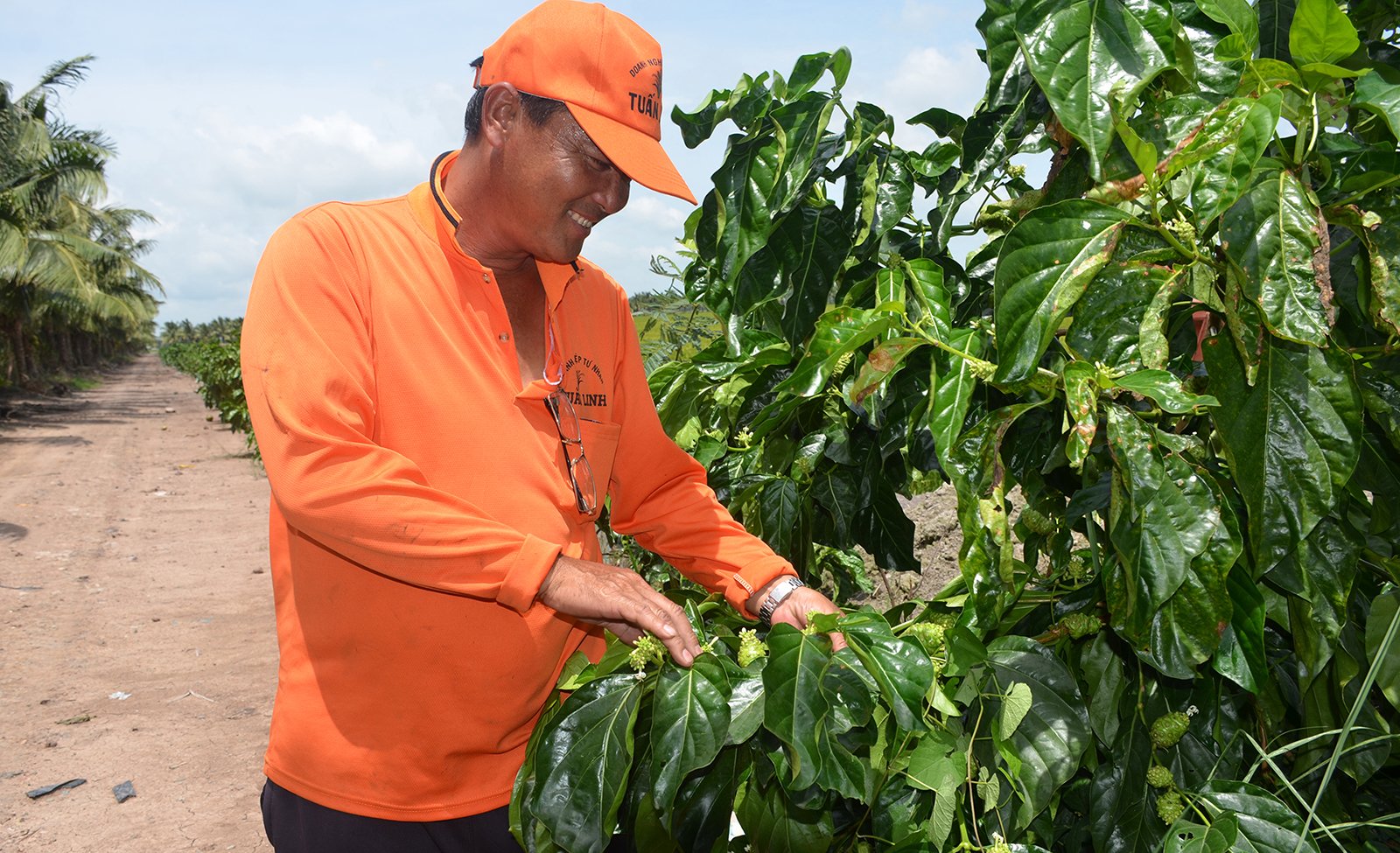
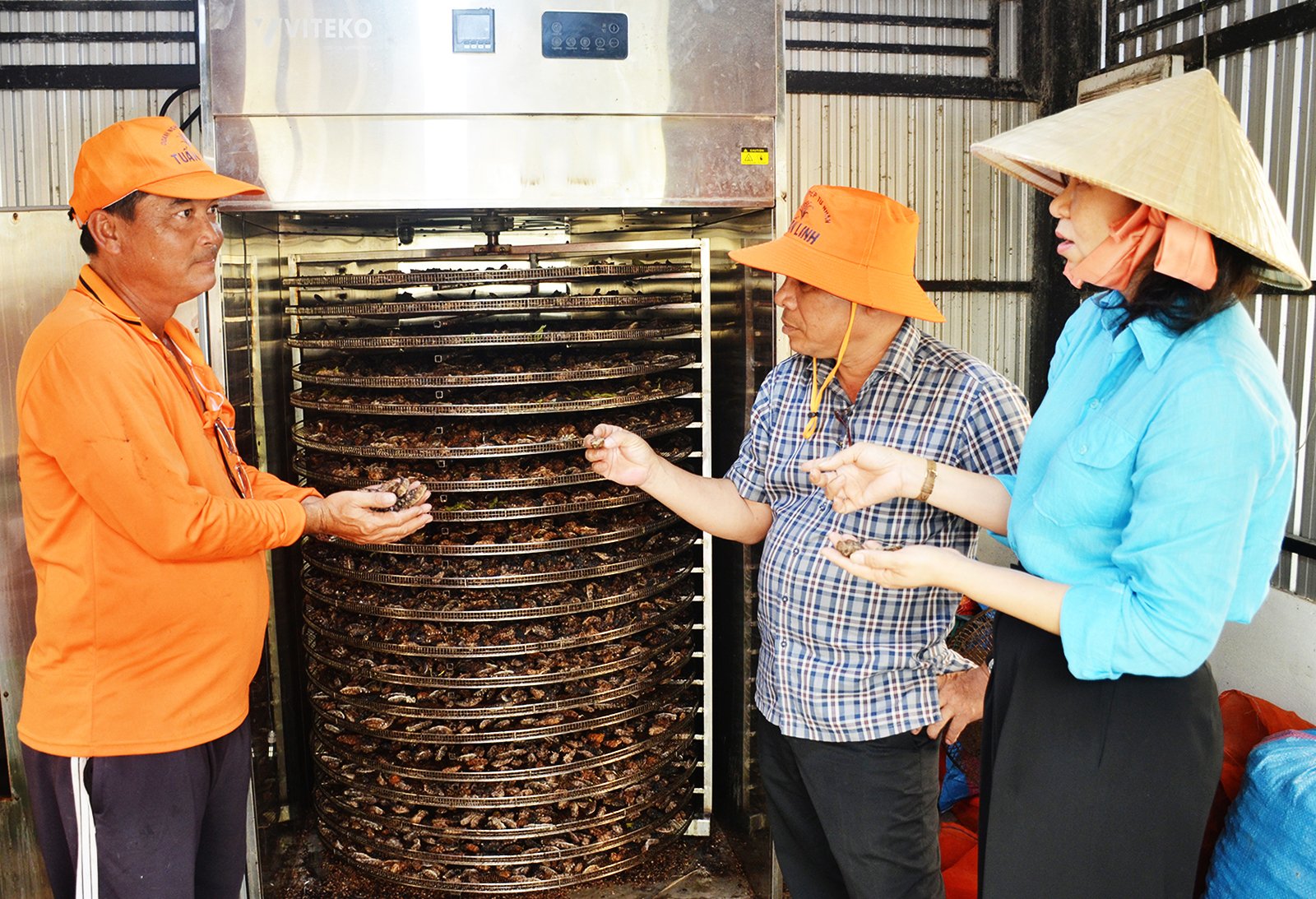



![[Photo] National Assembly Chairman Tran Thanh Man receives First Vice Chairman of the Federation Council of the Federal Assembly of the Russian Federation](/_next/image?url=https%3A%2F%2Fvphoto.vietnam.vn%2Fthumb%2F1200x675%2Fvietnam%2Fresource%2FIMAGE%2F2025%2F12%2F02%2F1764648408509_ndo_br_bnd-8452-jpg.webp&w=3840&q=75)








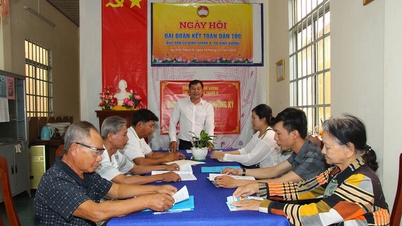

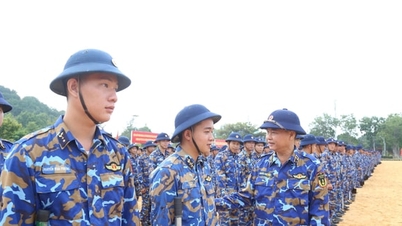



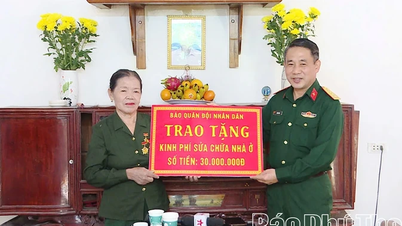

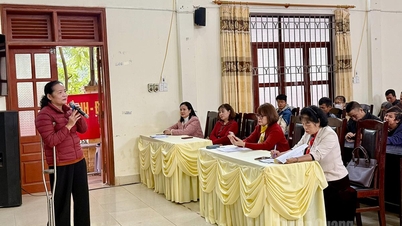

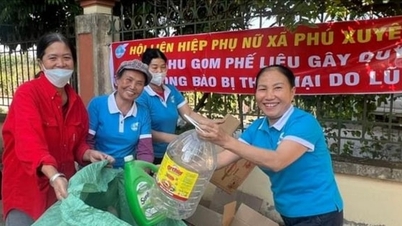
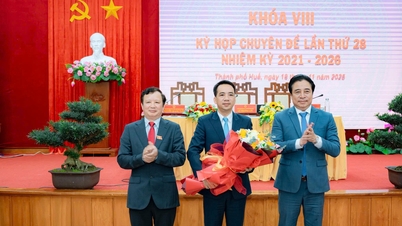





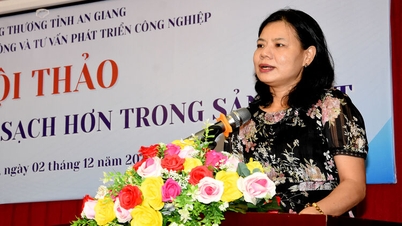
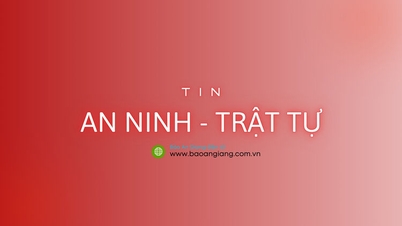
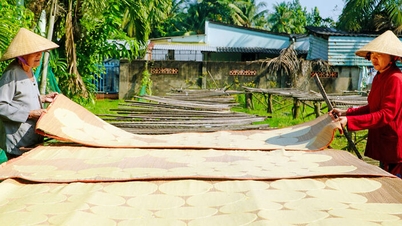
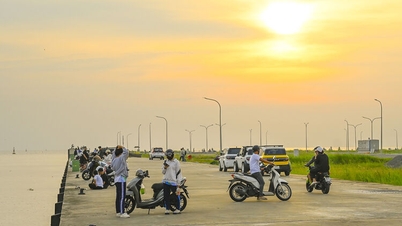








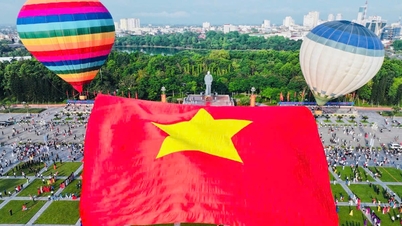

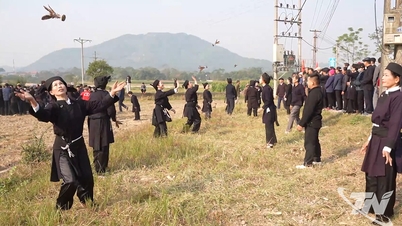






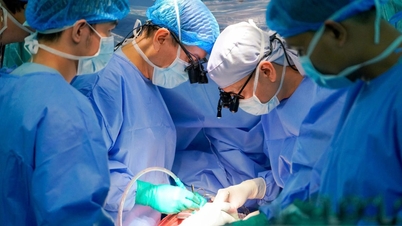

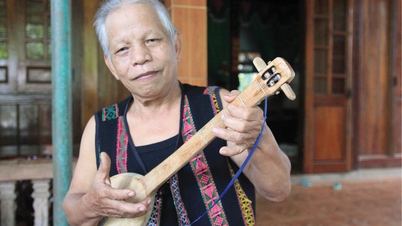
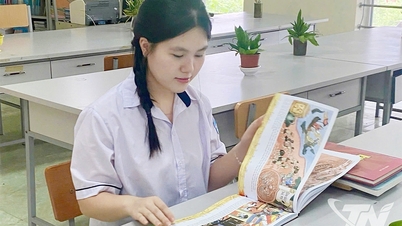
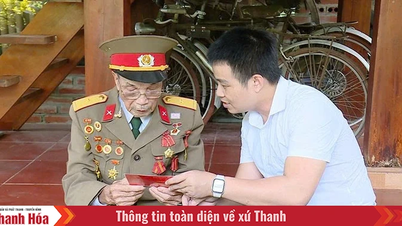










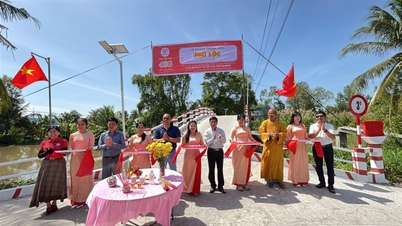











![[Photo] General Secretary To Lam and his wife attend the 50th Anniversary of Laos National Day](https://vphoto.vietnam.vn/thumb/402x226/vietnam/resource/IMAGE/2025/12/02/1764644139308_1.jpeg)


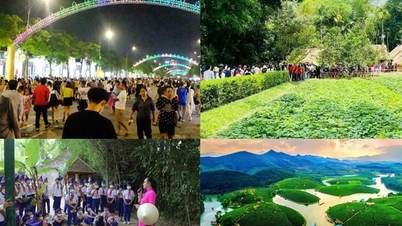


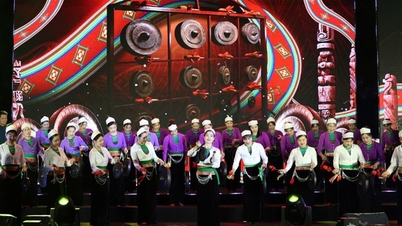

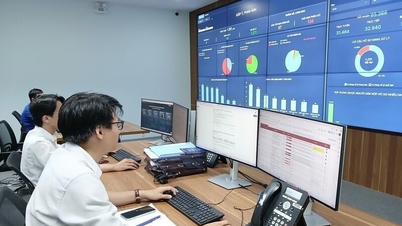
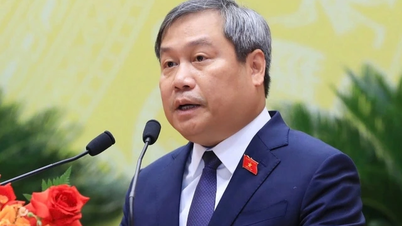



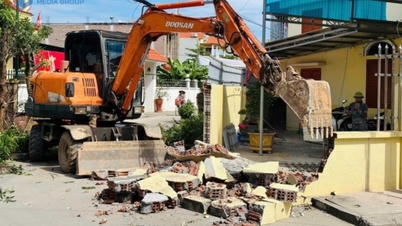

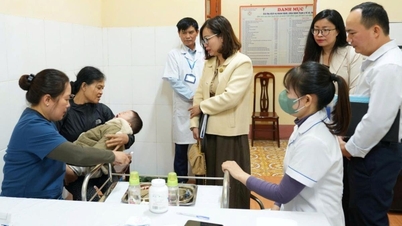

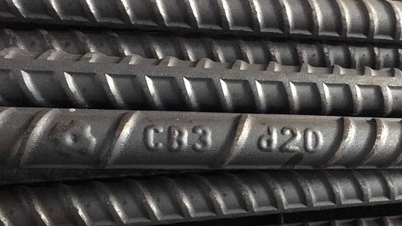









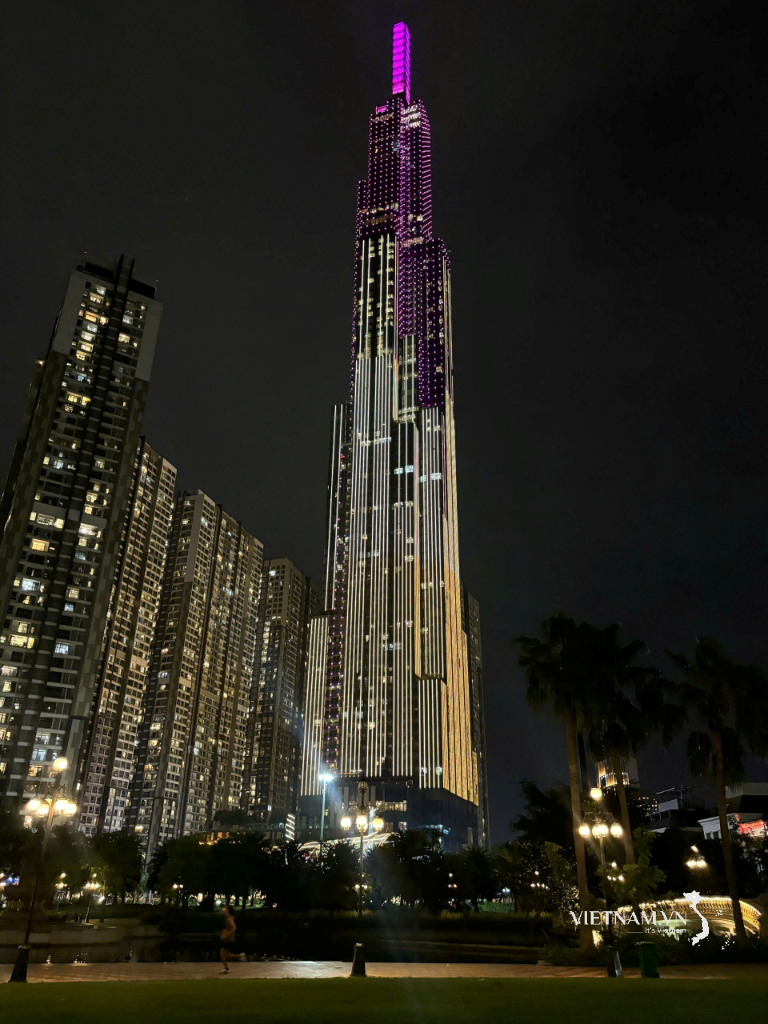



Comment (0)